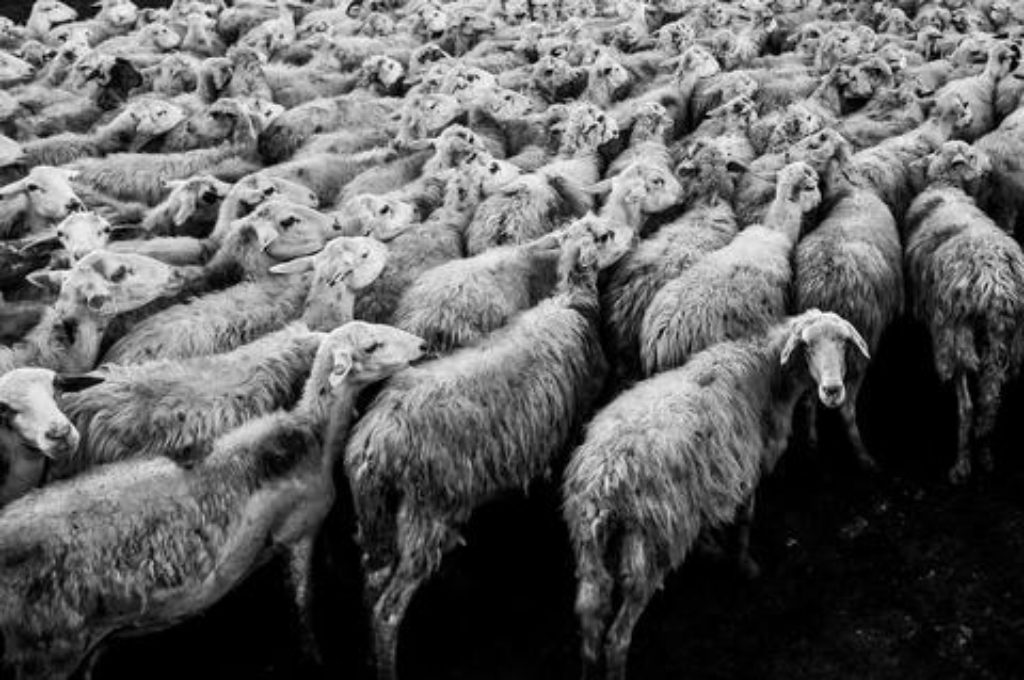Excessive use of antimicrobials in intensive livestock farming as One Health issue
Most antibiotics in livestock farming are used in aquaculture, but significant amounts are also used in terrestrial livestock species, particularly in poultry and pigs. Approximately 70% of antibiotics are used for non-therapeutic purposes, i.e. many antibiotics are used in sub-therapeutic doses and over prolonged periods, which leads to the development of genes that confer antimicrobial resistance to animal pathogens. These genes can subsequently be transferred to human pathogens and it is estimated that 75% of recently emerging diseases in humans are of animal origin. Antimicrobial resistance (AMR) problems are further exacerbated by the fact that antibiotic resistance genes were found in bacteria long before antibiotics were ever used on super-pathogens in farm animals. AMR is a worldwide problem, which clearly affects both animal and human health, and hence it is truly One Health issue.
Veterinary visits to become mandatory in European farming
By Miroslav Djuric, DVM, CAB International, Wallingford, UK The European Agriculture Council has formally approved a draft law on animal diseases that are transmissible among animals and potentially to humans (zoonoses). The provisions in the law on farm animal health visits stipulate that professional animal owners are to receive regular animal health visits from a…


